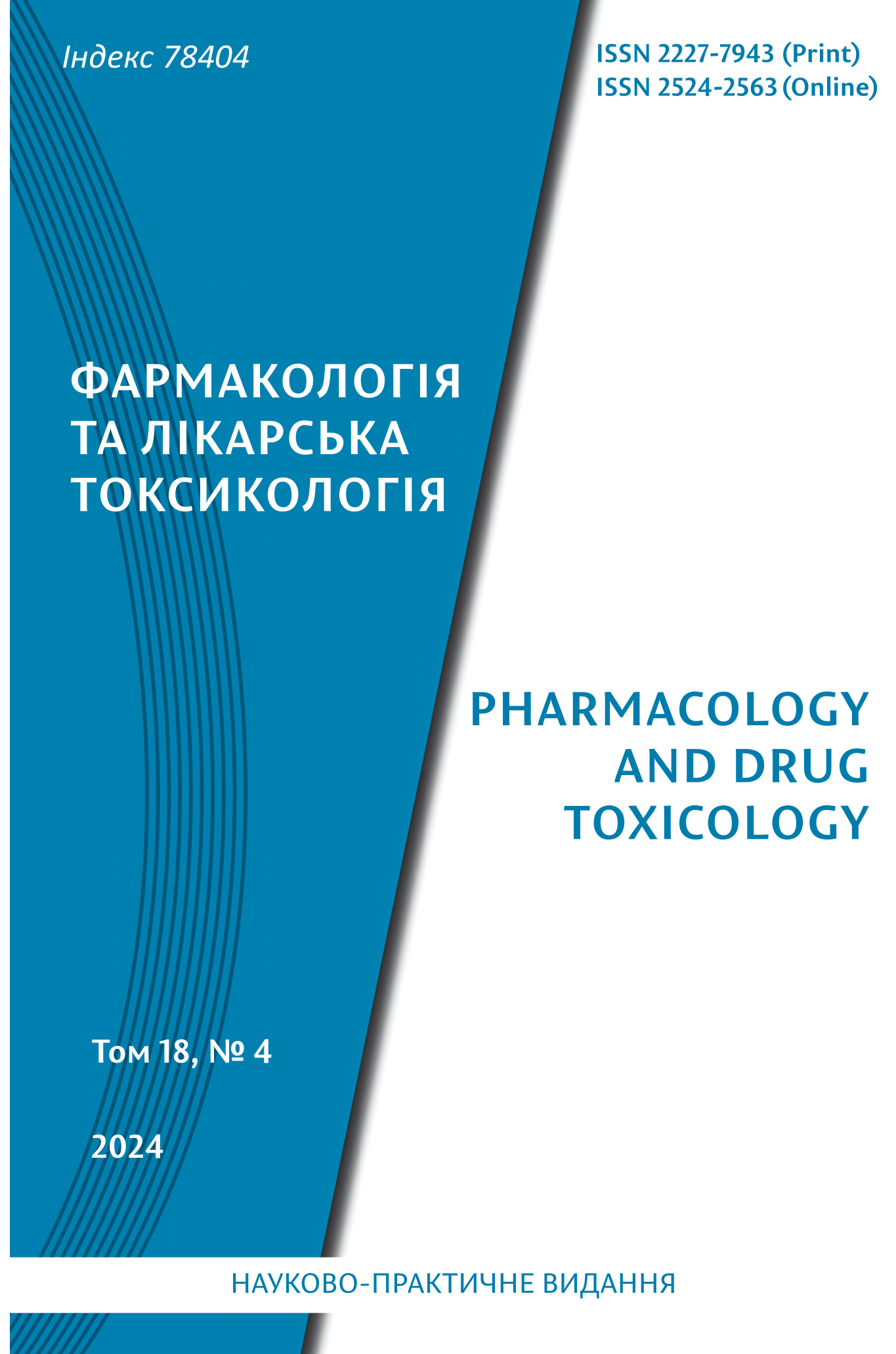Abstract
The aim of the study was to assess the awareness of pharmacist interns regarding the side effects of new hypoglycemic drugs and ways to prevent and correct these side effects.
Diabetes mellitus (DM) is one of the 4 largest non-infectious pandemics in the world and up to five main risk factors for the development of cardiovascular disorders. According to WHO estimates, the number of patients with diabetes aged 20–79 years has almost doubled over the last decade, with type
II diabetes accounting for 90% of cases. A similar trend is observed in Ukraine.
Given the progressive nature of type II diabetes, often with a gradual loss of response to hypoglycemic therapy, a significant number of polymorbid conditions, etc., the problem of timely diagnosis and treatment is quite urgent. Also, long-term therapy with glucocorticosteroids, atypical antipsychotics, thiazides, protease inhibitors, nucleoside reverse transcriptase inhibitors, anticonvulsants, high doses of antidepressants, etc., can contribute to the development of type II diabetes.
The results of recent researches in endocrinology regarding new mechanisms of development of diabetes and its complications contributed to the emergence of new classes of hypoglycemic drugs on the pharmaceutical market. Due to their polymodal properties, a number of hypoglycemic agents have entered the treatment regimens of other pathologies, including cardiovascular diseases,
neurodegeneration, kidney diseases, etc. New combined hypoglycemic drugs have appeared for the treatment of type II diabetes, including combinations of insulin with analogues of glucagon-like peptide 1.
The analysis of the pharmaceutical market showed that Ukraine has almost all classes of hypoglycemic drugs for the treatment of type II diabetes. 52.6% of all drugs registered in Ukraine for the treatment of type II diabetes are metformin drugs (both monocomponent and in combinations).
However, drugs for the treatment of type II diabetes, despite their clinical effectiveness, have a number of side effects and contraindications for their use.
The results of the research can be applied to optimize the teaching of the disciplines «ClinicalPharmacy and Pharmaceutical Care», «Clinical Pharmacology», «Side Effects of Medicines» and internship training in the specialty «Pharmacy».
